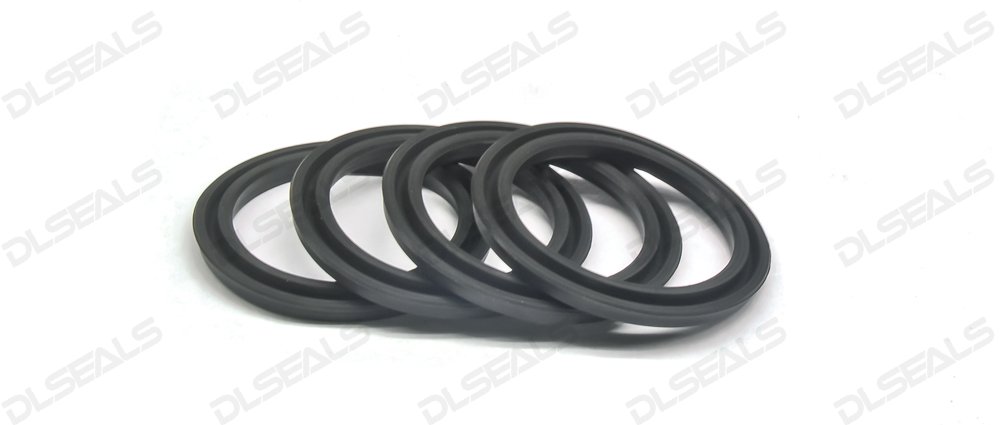In recent years, there has been a growing emphasis on environmental sustainability across industries, including the manufacturing sector. As a result, there has been a significant shift towards the adoption of environmentally friendly materials in various applications, including sealing technologies. This article explores the advancements in environmental-friendly seal materials and their impact on the future of sealing technology.
Introduction to Environmental-Friendly Seal Materials:
Environmental-friendly seal materials refer to materials that are designed and manufactured with a focus on reducing environmental impact throughout their lifecycle. These materials are typically sourced from renewable or recyclable sources and are engineered to minimize resource consumption and emissions during production and use.
Advantages of Environmental-Friendly Seal Materials:
Reduced Environmental Impact: Environmental-friendly seal materials help minimize pollution, conserve natural resources, and reduce greenhouse gas emissions compared to traditional seal materials.
Health and Safety Benefits: Many environmental-friendly seal materials are non-toxic and pose fewer health risks to workers and end-users during manufacturing, installation, and disposal.
Regulatory Compliance: With increasing environmental regulations and standards, using environmentally friendly seal materials can help companies meet compliance requirements and avoid potential fines or penalties.
Types of Environmental-Friendly Seal Materials:
Bio-Based Polymers: Seal materials derived from renewable resources such as plant-based polymers (e.g., bio-based elastomers) offer excellent sealing performance while reducing reliance on fossil fuels.
Recycled Materials: Seal materials made from recycled content, such as recycled rubber or plastics, help divert waste from landfills and promote a circular economy.
Low VOC (Volatile Organic Compounds) Formulations: Seal materials with low VOC emissions contribute to better indoor air quality and reduce environmental pollution.
Applications and Industry Trends:
Environmental-friendly seal materials find applications across various industries, including automotive, aerospace, construction, and consumer goods. The automotive industry, in particular, is witnessing a significant demand for eco-friendly seal materials due to regulatory pressures and consumer preferences for sustainable products.
Future Outlook:
As sustainability continues to drive innovation, the demand for environmental-friendly seal materials is expected to rise. Manufacturers are investing in research and development to further improve the performance and cost-effectiveness of these materials, paving the way for a greener future in sealing technology.
In conclusion, advancements in environmental-friendly seal materials represent a promising avenue for reducing environmental impact and promoting sustainability in sealing applications. By embracing these materials, companies can not only meet regulatory requirements but also contribute to a healthier planet for future generations.
Post time: Apr-09-2024

